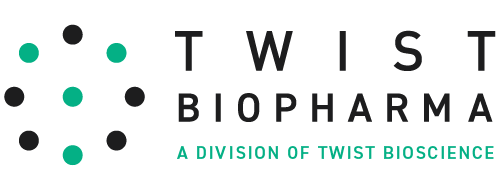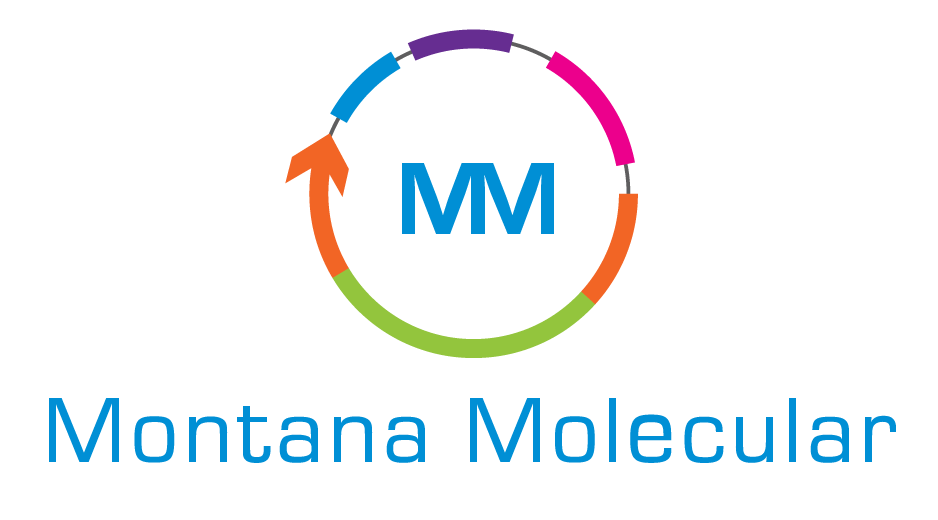Meet Dr. GPCR Summit Partners
Unconventional GPCR Signaling in the Hedgehog Pathway
- Monday, 09/13/2021 @ 2.00 PM - EST -
- Dr. Benjamin Myers -
- University of Utah School of Medicine -
- Salt Lake City, Utah, USA -
Abstract
The class F GPCR Smoothened (SMO) is essential to Hedgehog signal transduction, which controls tissue and organ development and drives several widespread cancers. Despite decades of research, we know very little about how SMO is activated or signals intracellularly. The principal issue is that these processes appear to defy standard signaling paradigms utilized by nearly all other GPCRs.
Here I present two recent discoveries that together reveal the unusual mechanisms underlying SMO activation and intracellular signaling. First, we show that membrane sterols such as cholesterol serve as endogenous SMO ligands. These sterols stabilize the SMO active conformation by binding to a hydrophobic pocket deep within SMO, likely accessed via a tunnel connecting the membrane to the base of the 7TM bundle. Second, we demonstrate that SMO signals intracellularly by inhibiting PKA activity, but in an unexpected fashion. Rather than relying on conventional G protein-dependent cascades, SMO directly binds to the catalytic subunit of PKA and physically blocks the enzyme’s active site, preventing phosphorylation-induced inactivation of downstream targets.
Our studies provide foundational insights into SMO activation and downstream coupling, thereby helping to resolve longstanding mysteries in developmental and cancer biology. More broadly, our work reveals a novel, ligand-like role for cholesterol as the principal “switch” dictating a GPCR’s activity state, and demonstrates that a GPCR can control PKA-dependent phosphorylation by directly binding the enzyme and changing its catalytic activity. The new modes of GPCR-lipid interactions and GPCR-PKA communication defined by our research may apply broadly throughout the GPCR superfamily.
About Dr. Ben Myers
Ben Myers is an assistant professor at the University of Utah School of Medicine in Salt Lake City, UT, and an investigator with the Huntsman Cancer Institute. Ben’s research focuses on Smoothened and other class F GPCRs which play essential roles in embryonic development and in cancer. His group studies the unusual signaling mechanisms employed by these atypical 7-transmembrane receptors, combining biochemical and structural approaches with cell biology and in vivo models. These studies have revealed new and unexpected ways for membrane lipids to regulate GPCR activity and for GPCRs to control intracellular kinases. More recently, Ben’s lab has begun studying GPCR signaling pathways that operate within the primary cilium, a tiny antenna-shaped structure at the cell surface with critical links to development, physiology, and disease.
Ben studied developmental and cancer signaling as a postdoctoral fellow with Philip Beachy at Stanford University. Prior to that, Ben received his Ph.D. from UCSF in 2008, where he worked with David Julius on the structure, function, and physiology of ion channels and GPCRs in the nervous system.




























